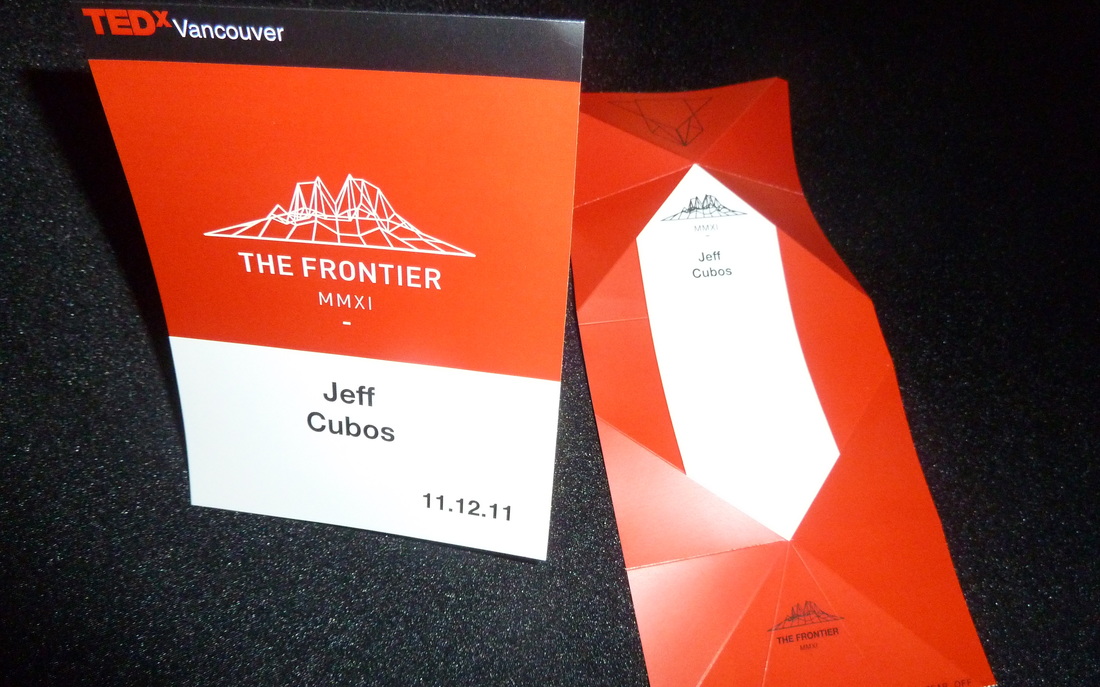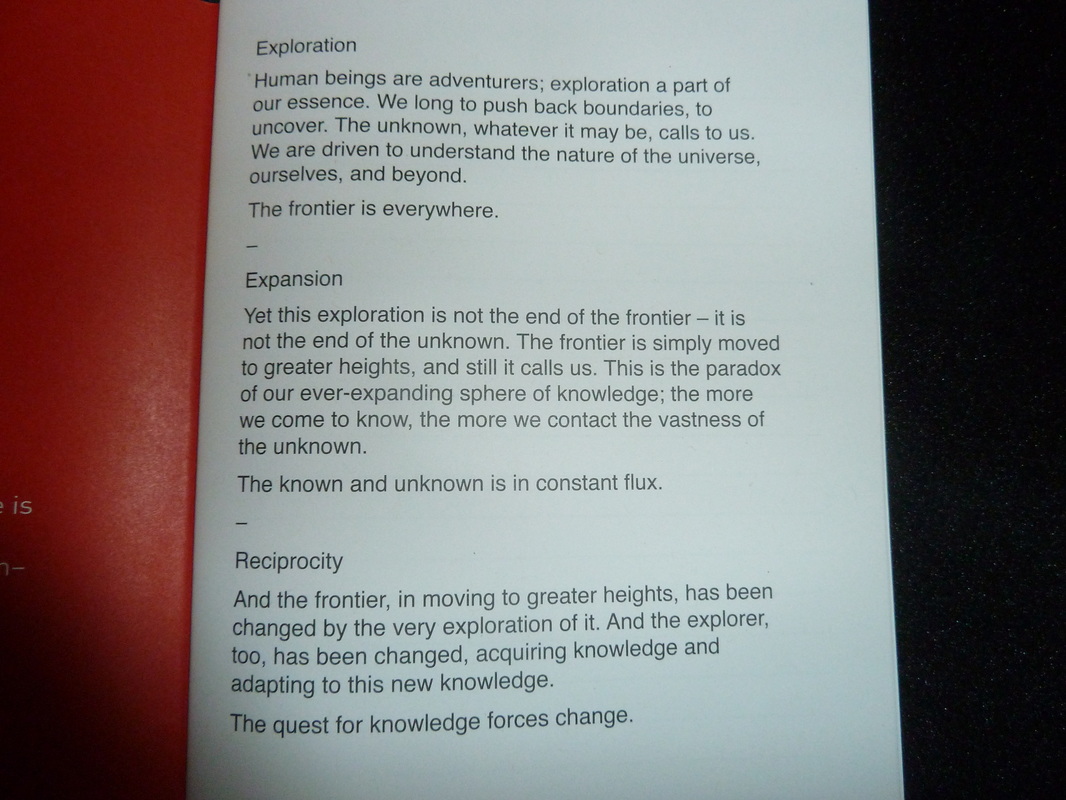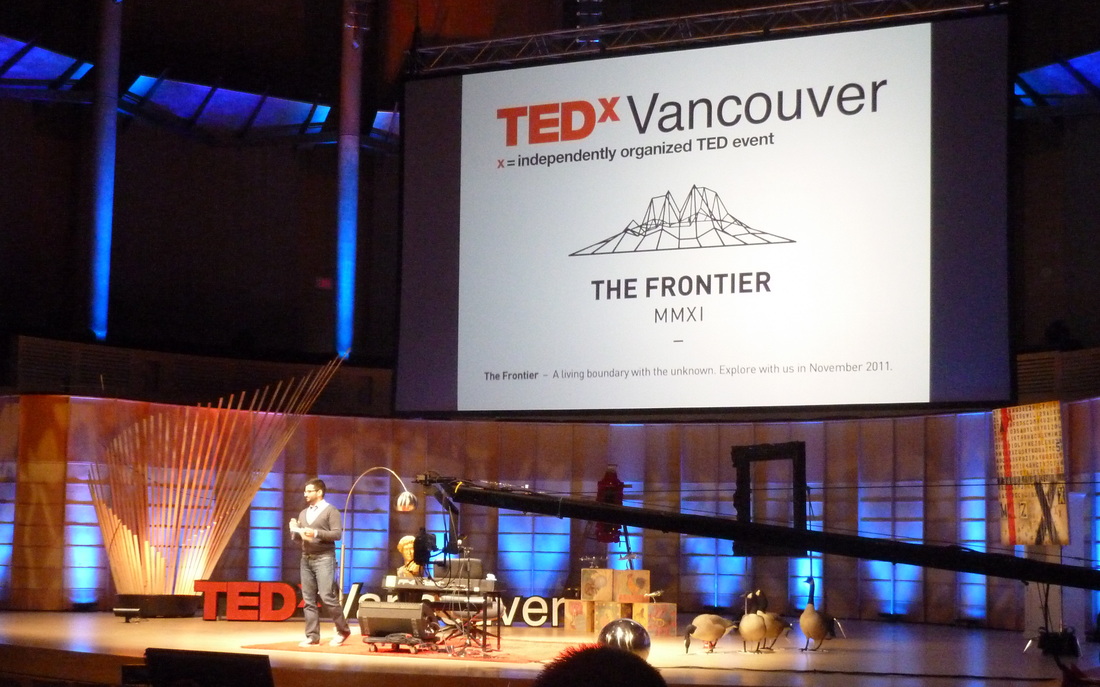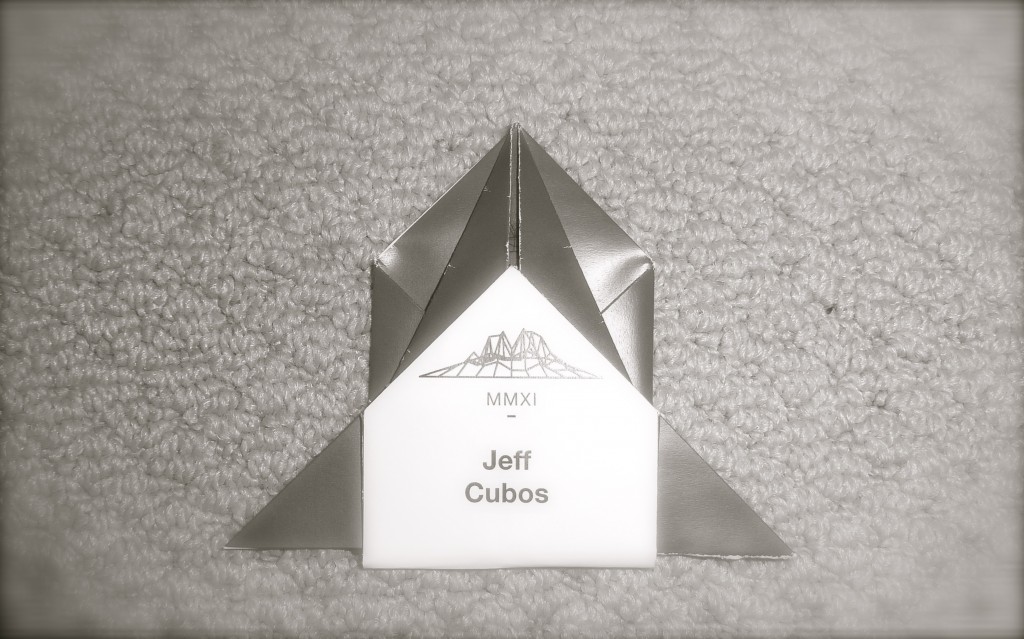|
Before I go ahead with the writeup, I just wanted to recommend that everyone go see a magic show at least once in their lifetime. The night before this TEDx event, my cousin and I (along with some of his friends) attended Vitaly Beckman's Sensation of Magic here in Vancouver and let me just say that it was a nice little break from reality. A break that enabled us to enter into the world of imagination. Now, I've been reading about illusions over the last several months to give me a better understanding of how humans perceive the world (*note: this is relevant when it comes to pain management) but sometimes it's just nice to tune out. Let me share with you this TED talk to transition into my writeup. Some of you may be wondering why I, as a health care practitioner, would want to attend TEDx Vancouver. If you're a regular on this blog, you'll know that it comes down to this. A passion for education...and knowledge dissemination. Not one of today's talks had anything to do with health care, save for one of the speakers who was a physical therapist, but as one speaker mentioned today, ideas come about when professions overlap. Just like we create opportunities...rather than simply find them...we create ideas. We think laterally, we reason spatially, and we collect all of our experiences from everyday life to create that one idea. That one idea that's worth spreading. The main concept of today's event was The Frontier, a topic they selected as a reflection of the new wonders undreamt of in our time. And to get our wonder juices flowing, we were handed a two piece name tag, one to wear around our neck and the other to make origami with. To me, this was both relevant and significant. Framing and context are important in every day life. You saw this in the magic talk above but this is also especially so in health care and our interactions with patients. Take, for example, walking into a dreary-looking clinic filled with "miserable" staff and condition-specific "educational" artwork. How difficult do you think it would be to affect a person's "painful experience"? I wrote about this in a previous post of mine. I hope you see where I'm going with this as it definitely affected the TEDx experience. .There were thirteen different live talks with six various talks streamed from ted.org. Naturally it will be difficult to summarize each talk, especially since none of them, as mentioned above, pertained specifically to sport medicine, rehabilitation or sport performance, but here are some ideas stemming from the talks that may be relevant to athlete and patient care today and for the future. From Reid Gower's talk
From Marcin Jakubowski's (online) talk
From Romeo Dallaire's talk
From Charlie Todd's (online) talk
From Kara Pecknold's talk
From Stephen Slen and Aaron Coret's talk
From Christopher Gaze's talk
From Mark Bezos' (online) talk
Sean Aiken's talk
Matt Cutts' (online) talk
***The following are the two talks that resonated most with me and my objective for being here
From Victor Lucas' talk
From Nolan Watson's talk
Hopefully you can see, from my experience at TEDx Vancouver, that we don't need to be attending sport medicine and fitness conferences only to become better clinicians. There are ample opportunity to create ideas and solutions for better patient care and athletic development in all aspects of life, especially if we think outside the box. While there are certainly leaders in each of our respective professions and individuals that we look up to, we each are experts in our own right. Experts who can make a difference and experts who can change the world. So what's your idea?
0 Comments
Leave a Reply. |



